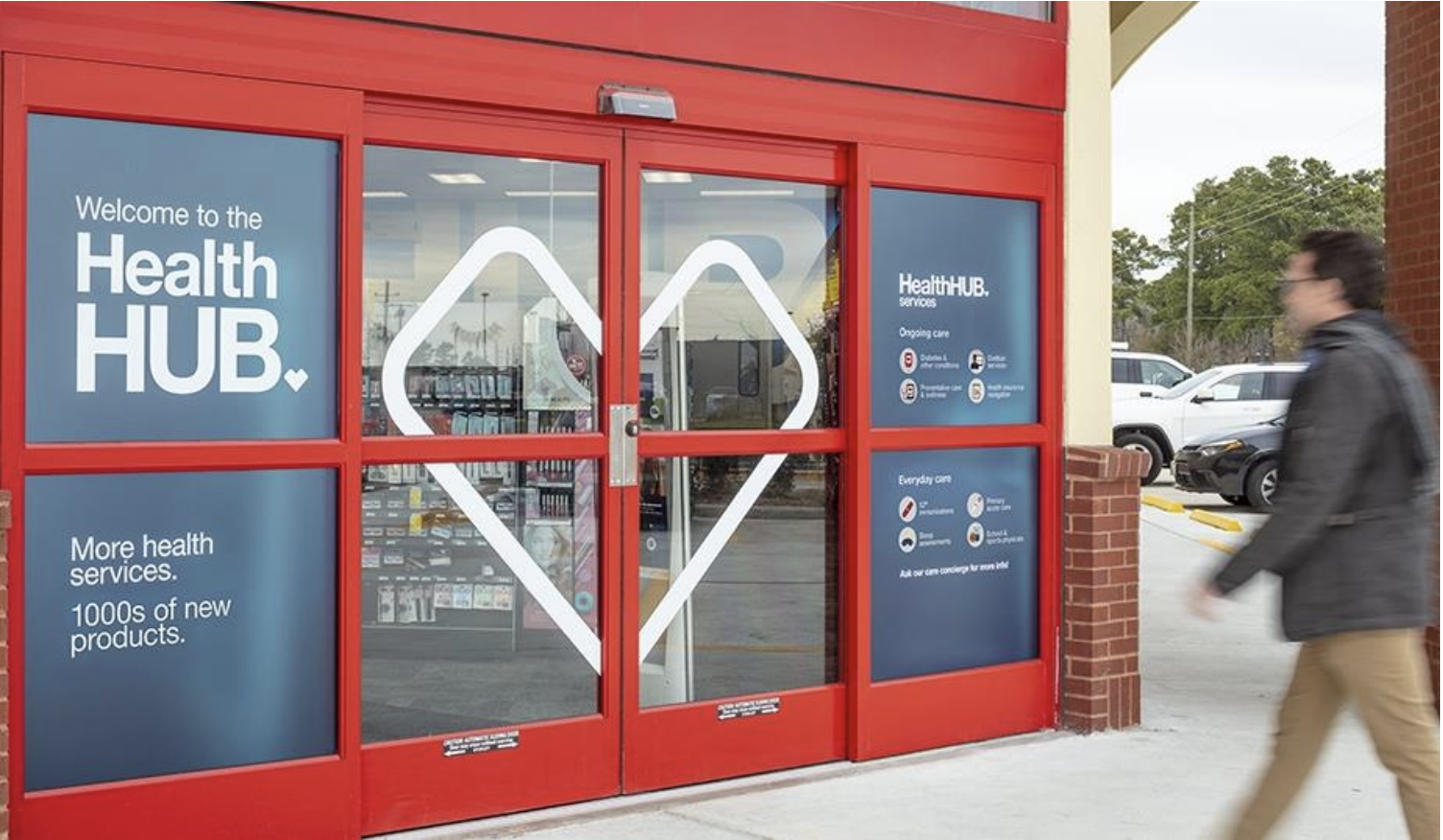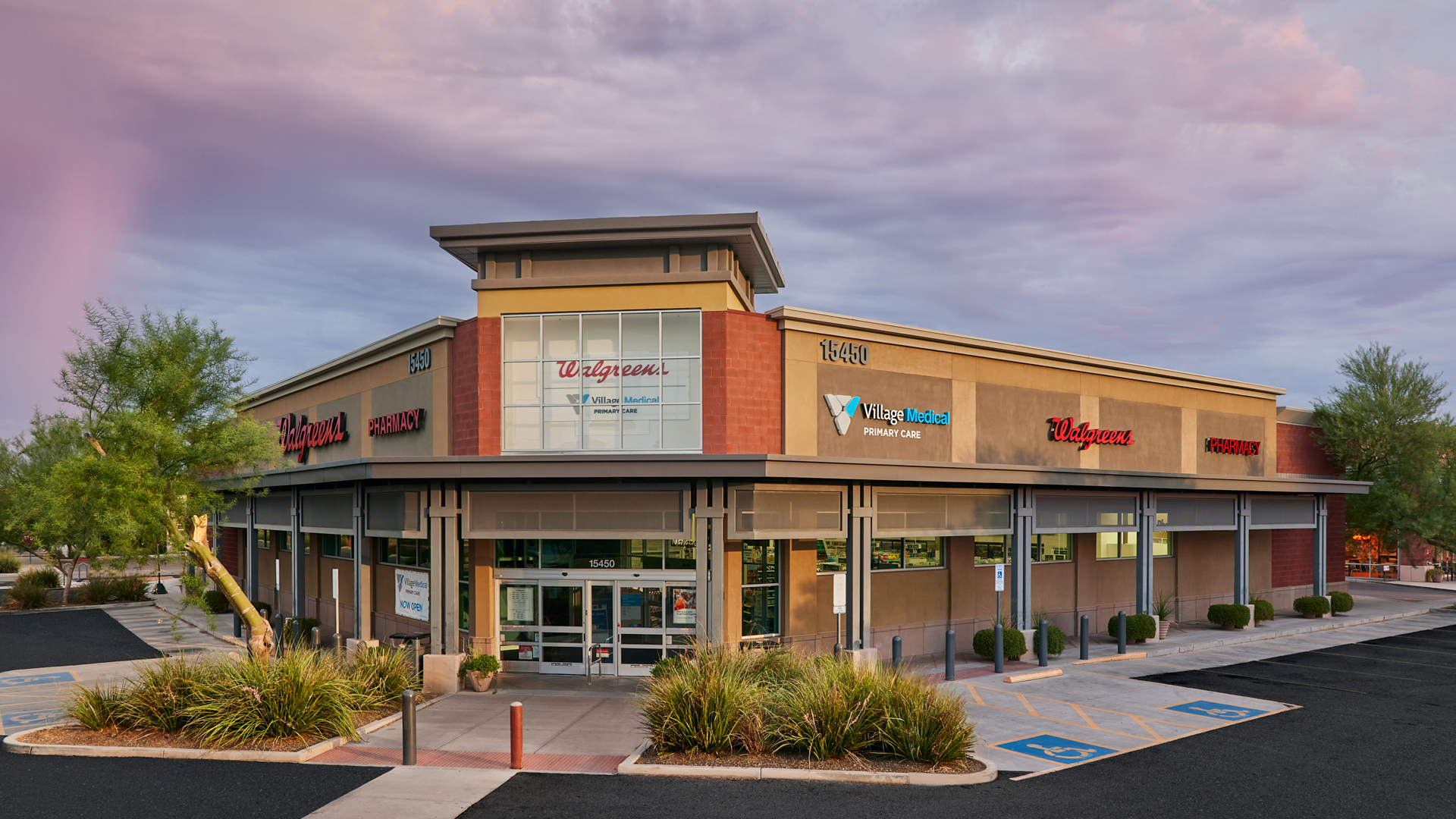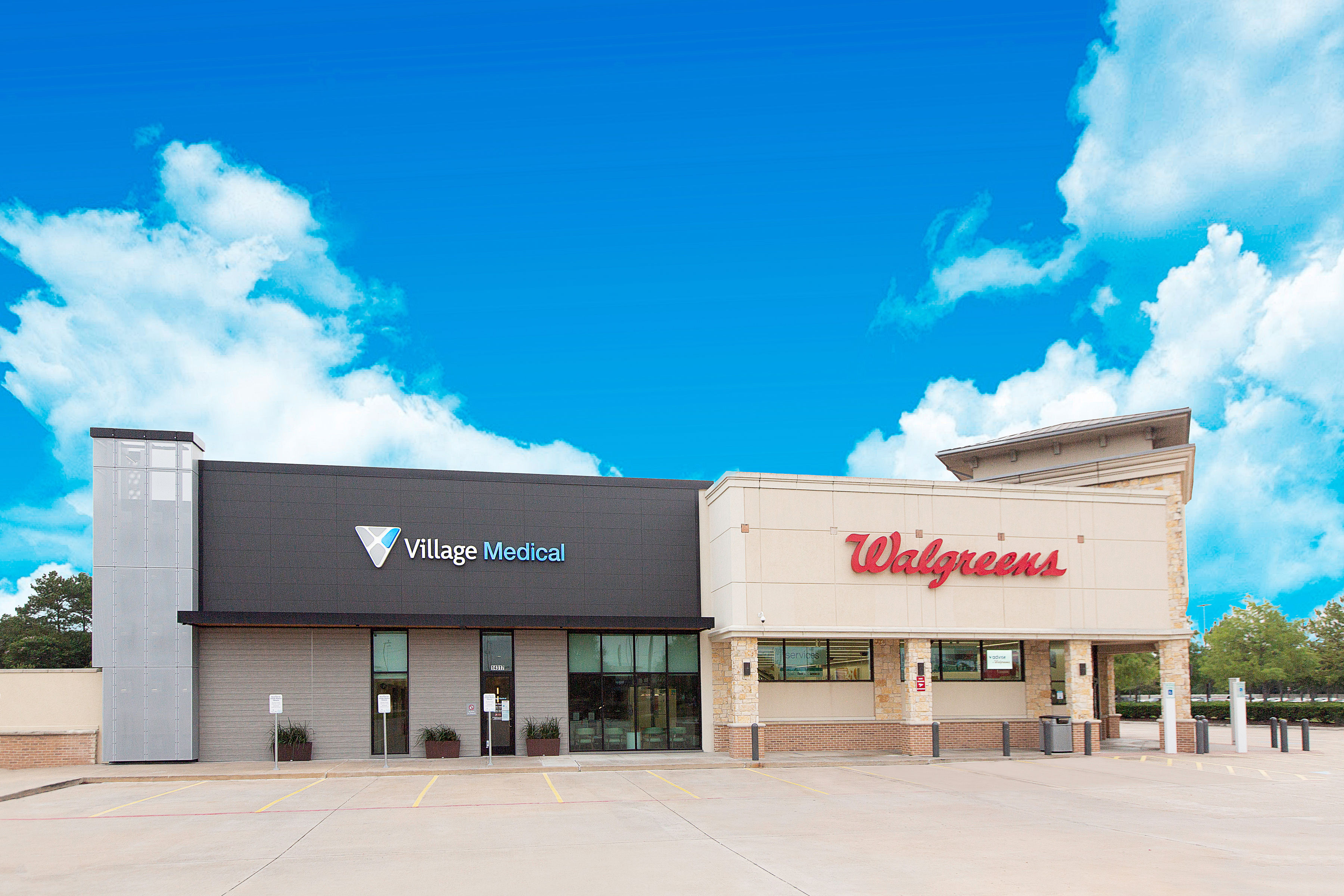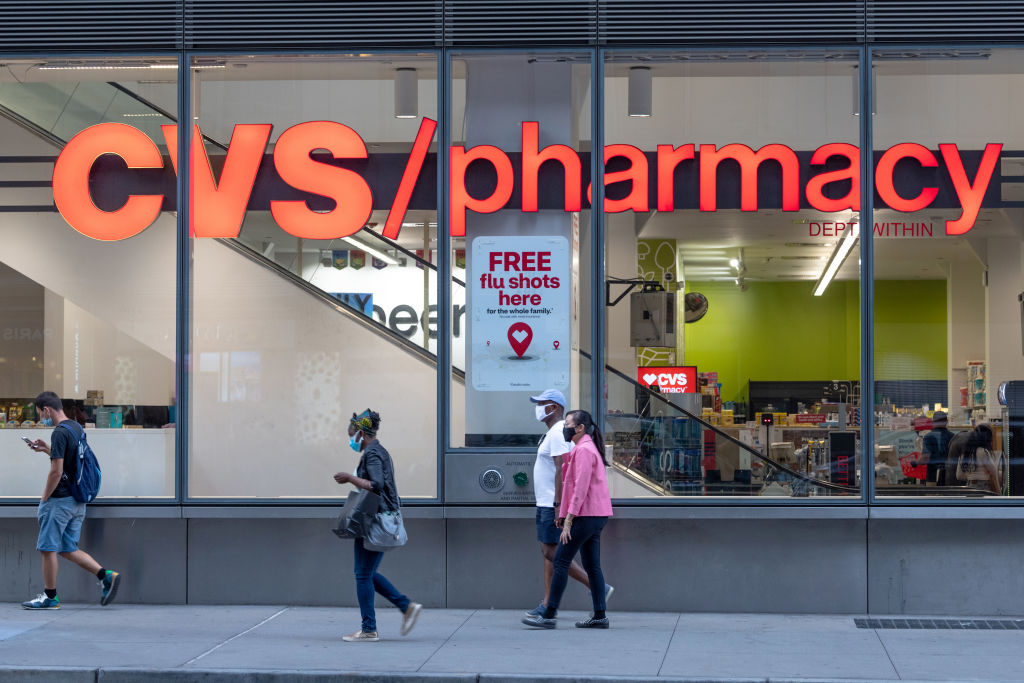
Why Retail Health Giants Are Failing in Primary Care
Retailers may have fallen short in their foray into healthcare, but there are lessons we can take away about where and how primary care innovation has succeeded, how to replicate and scale across the US, and how to engage with members and drive them to the right type of care before they become more sick and expensive for the health ecosystem.















